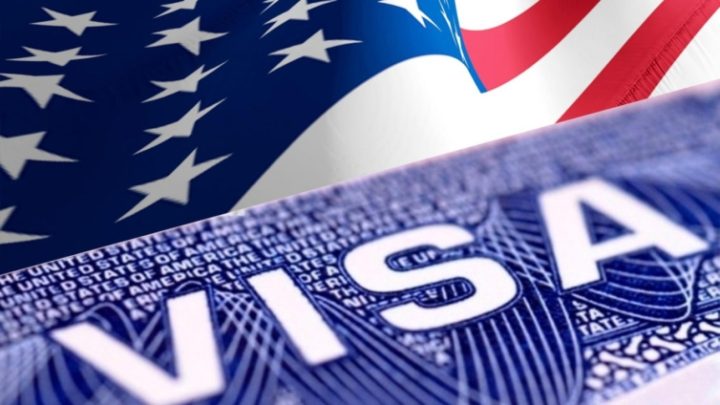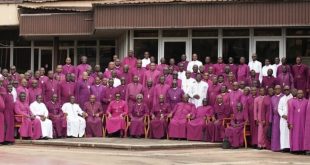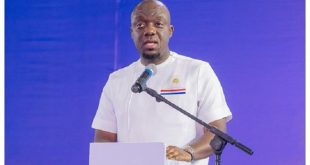
Recent developments in Ghana’s diplomatic relations with the United States have left many citizens frustrated and disheartened. The shift from a five-year multiple-entry visa to a three-month single-entry visa for Ghanaians is more than just a bureaucratic change—it’s a significant setback for students, businesspeople, tourists, and families who rely on accessible travel to the U.S.
The Diplomatic Breakdown
At the heart of this issue is a troubling exchange between Ghana’s Foreign Minister and the U.S. Senate Foreign Relations Committee. Rather than engaging in measured, diplomatic dialogue, the minister’s response came across as defensive and dismissive. His remarks—particularly the assertion that he personally did not incur debt—missed the broader point. The issue at hand is not about individual responsibility, but about the obligations of the Ghanaian government as a whole.
Diplomacy requires tact, humility, and strategic communication. Unfortunately, the tone and content of the minister’s remarks may have strained relations further, leading to consequences that now affect everyday Ghanaians. The already difficult process of securing a U.S. visa has become even more burdensome, with longer wait times and more frequent applications now required.
Contradictions in Messaging
What’s more concerning is the contradiction in messaging. On one hand, the minister invoked the legacy of Kwame Nkrumah and Ghana’s independence; on the other, he appealed for reparations from the colonial era. While both points are valid in their own right, presenting them in the same breath without a clear, cohesive strategy undermines the image of a sovereign nation capable of managing its own affairs.
A Call to Action
This situation calls for a recalibration of our diplomatic approach. Ghana must engage with international partners respectfully and strategically, always keeping the interests of its citizens at the forefront. Here are a few steps that could help restore confidence and rebuild trust:
· Initiate Diplomatic Repair – The Foreign Ministry should consider issuing a clarifying statement or engaging in quiet diplomacy to reaffirm Ghana’s commitment to strong bilateral relations with the U.S.
· Prioritize Citizen Impact – Policy decisions and diplomatic exchanges must always consider how they affect ordinary Ghanaians. Visa access is not just a political issue—it’s a livelihood issue.
· Strengthen Internal Coordination – Government representatives must speak with one voice. Mixed messages about sovereignty, debt, and reparations only weaken our negotiating position.
· Invest in Diplomatic Training – Emotional intelligence, cultural sensitivity, and strategic communication should be core competencies for all diplomats and public officials.
Ghana has long been respected as a leader in African diplomacy and democratic governance. Let’s not allow one misstep to define our global standing. Instead, let this be a moment of reflection—and a turning point toward more thoughtful, citizen-centered diplomacy.
PDO Writes
Source: Elvisanokyenews.net
 ElvisAnokyenews Latest News Portal
ElvisAnokyenews Latest News Portal



